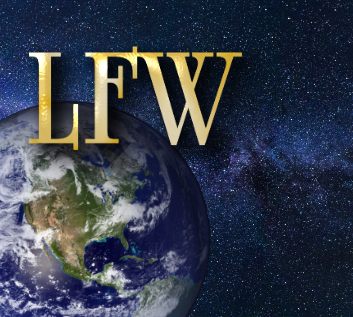Creating a Culture of Heart Oct 6, 2000 As we look around at the world today,
the multitude of problems in society tends to be overwhelming. Examining
the shape and culture of the future world is an ambitious task, if
nothing else. Yet, it is an untenable option to forfeit the future
by ignoring it.
Each of the many problem areas of society, such as world hunger, crime, or inadequate transportation, requires an individual and specialized focus. Each set of problems is complex, and deserves more than simplistic answers. Still, there are over-arching issues that cut across all areas of society, and go beyond national, racial or religious boundaries. One of these areas is the "zeitgeist" of our society -- the dominant moral and intellectual character of our time. The internal ethic that guides the majority of the population becomes the spiritual culture that then produces a benevolent social environment -- or quite the opposite. The New Lexicon Webster's Dictionary defines culture as "the social and religious structures and intellectual and artistic manifestations etc. that characterize a society." From this point of view, the external problems that have plagued the world are the effects of causes springing forth from the internal character of human beings. The seesaw of ethics has swung back and forth throughout history, as we have seen cultures rise and fall that centered themselves on many different -- and relative -- value systems. People tend to act based upon their understanding of value. Whatever is most internally valuable to each person drives them to treat others in a certain way. Aztec priests tore out the hearts of their living victims serenely confident that they were pleasing their gods. Although their civilization was externally advanced, their sensitivity to the feelings of others was extremely dull. Now that the world has become rather small, with global historical knowledge well within our grasp, it seems reasonable that as we approach the twenty-first century, we should carefully choose the best value system for the future world. If we don't plan ahead, our future culture might be centered upon negative values such as nihilism. Nihilism is a potent and seductive option, especially to the thousands of young people who are growing up in broken homes, suffering through multiple divorces. With the confusion of an information-glutted age, it's time for leaders in our society to stand up and declare that the foremost value of humankind is none other than the heart of love dwelling deep within each person. Heart has been defined as "the desire to gain joy by giving and receiving love", and lies at the root of each person's internal nature. Heart is the directional force that tries to drive our intellect, emotion, will and desire in an unselfish and loving direction. When heart is removed, intellect becomes clinical, emotion becomes distorted, and willful desire ends in tragedy. Centering our culture on the value or ethic of "unselfish heart" will have powerful consequences. Legal and legislative decisions, for example, that are now often made without heart, would never ignore the human suffering that they could potentially cause. Business affairs can and should be conducted with heart, rather than the current standard of "abandon all heart, ye who enter here." If it is true that humankind evolved from brutish ooze, it wouldn't make much sense to create a culture of heart, for what relationship would we have to each other beyond that of the hunter and the hunted? If, on the other hand, a God of parental love created humankind to exist as one family of true brothers and sisters, then creating a culture of heart is a logical extension of our own nature. For this reason, I believe that it's time to stand up and put God back into the public forum, and restore "heart" as the central value that directs all of our actions and decisions. Through a process of ethical education and policy and legislative reform, we should correct external aspects of our society that contradict the highest standard of unselfish heart. By doing so, the twenty-first century can indeed thrive, based upon a worldwide, God-centered culture of heart. (Comments are moderated and must be approved.) “The Epiphany of Zebediah Clump”
Watch our first film right here. |









